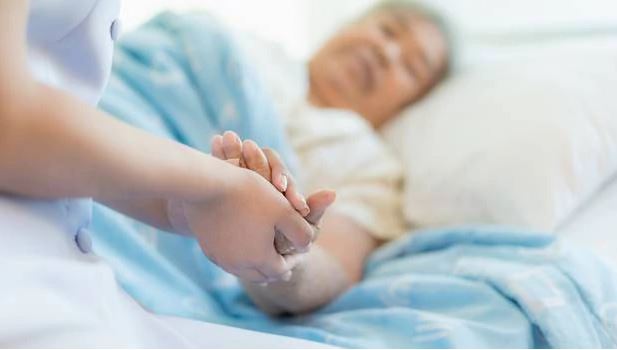Out of the many headlines about the coronavirus (COVID-19) this week was the sad news that a 95-year-old aged care resident died from the illness in a Sydney aged care home.
A worker and two other residents at the same facility have also been diagnosed with the illness.
Understandably, there has been a lot of concern in the community about whether our aged care homes are equipped to support their residents during this worrying time.
It is true that the elderly, particularly those who suffer from cardiovascular or respiratory diseases, are most at risk of serious illness or death from coronavirus.
However, all aged care homes are required to have precautions in place including monitoring for coronavirus, assessment, testing and having space and resources prepared in the unlikely event that residents need to be isolated.
Homes do already have isolation and quarantine procedures in place to deal with outbreaks of illness, such as the flu and gastroenteritis, including protective equipment for staff.
In the past, facilities that have had flu outbreaks have stopped visits from families or required them to have relatives wear equipment to protect residents.
Prime Minister Scott Morrison has also warned that facilities could be put into “lockdown” if necessary.
The Sydney aged care home where the resident passed away has not gone into lockdown – however, it has isolated residents in their own rooms and has staff working in “pods”, so they are not moving across the home.
Many homes have also strengthened their infection control and prevention measures to reduce the risk of outbreaks.
While the danger is real, the Department of Health says there are steps that family members and aged care staff can take to minimise the risk for older Australians living in aged care:
- If you are feeling unwell, do not visit any aged care facilities until you feel better.
- If you have visited mainland China or Iran or think that you may have had contact with someone who may have coronavirus, you must isolate yourself in your home for 14 days.
- If you meet any of these above restrictions, you will not be able to visit family members or friends in residential aged care.
The Department has also advised that while coronavirus is of concern, it is important to remember that most people displaying symptoms such as fever, cough, sore throat or tiredness are likely to have a cold or other respiratory illness – not coronavirus.
If you do have these symptoms – even if you don’t think you could have the coronavirus – see your doctor and do not visit aged care homes.
The message is to use common sense – and “be alert, not alarmed”.
If you want the latest information on the virus, visit the Department of Health’s website here.
You can also call the National Coronavirus Health Information Line on 1800 020 080, 24 hours a day, seven days a week.
If you have concerns about your health, speak to a doctor.



